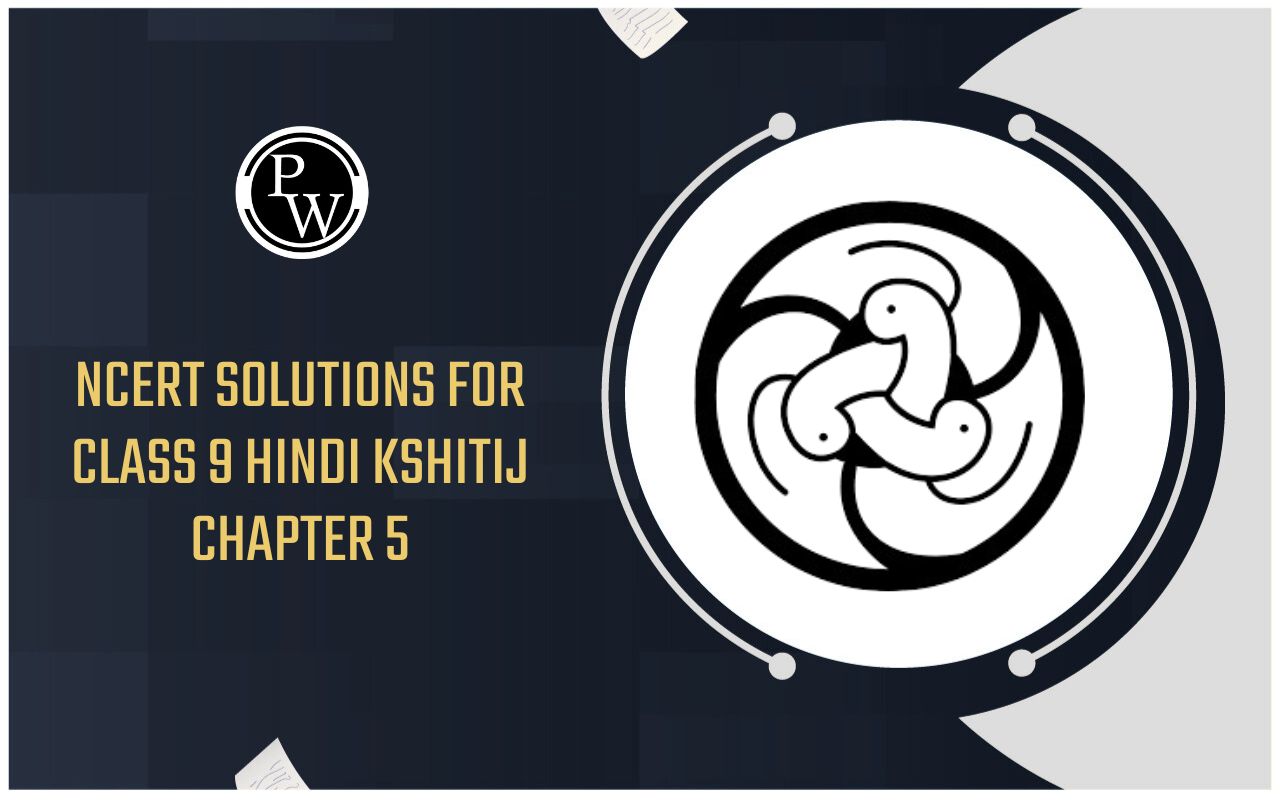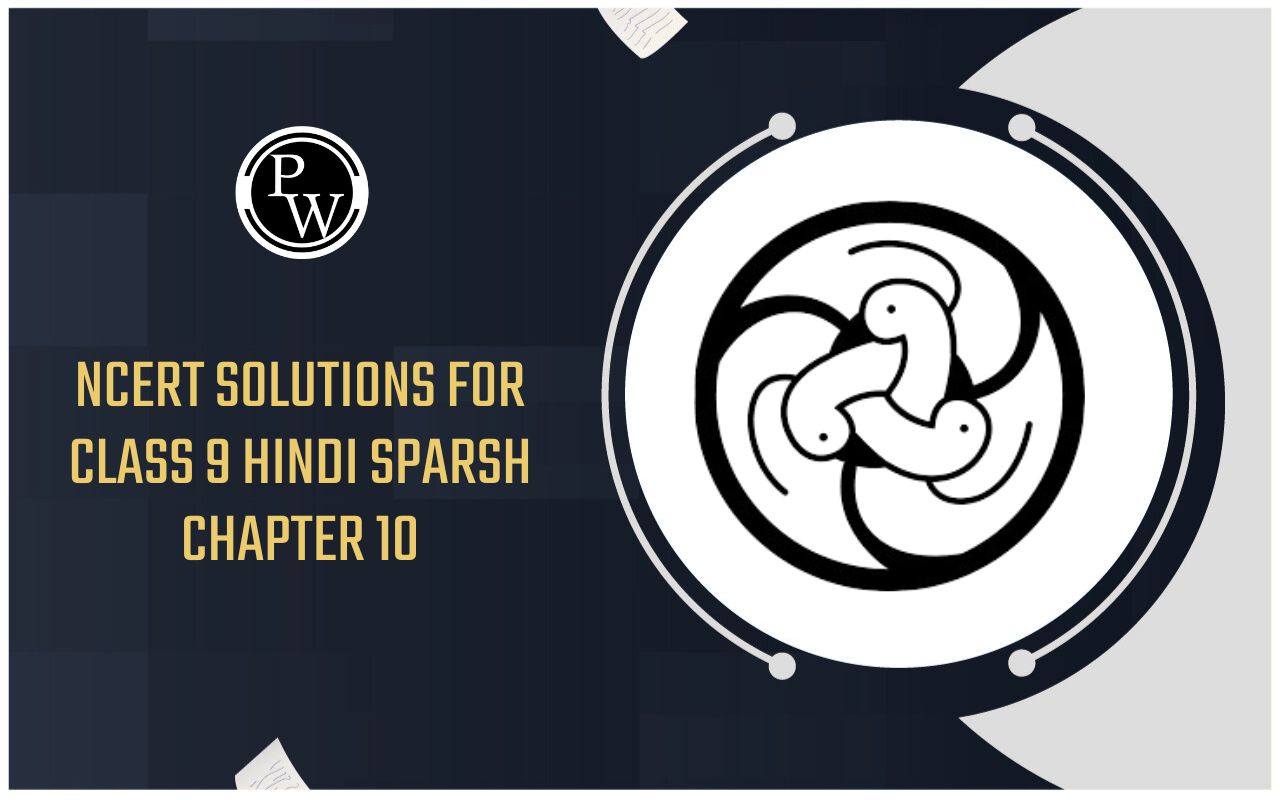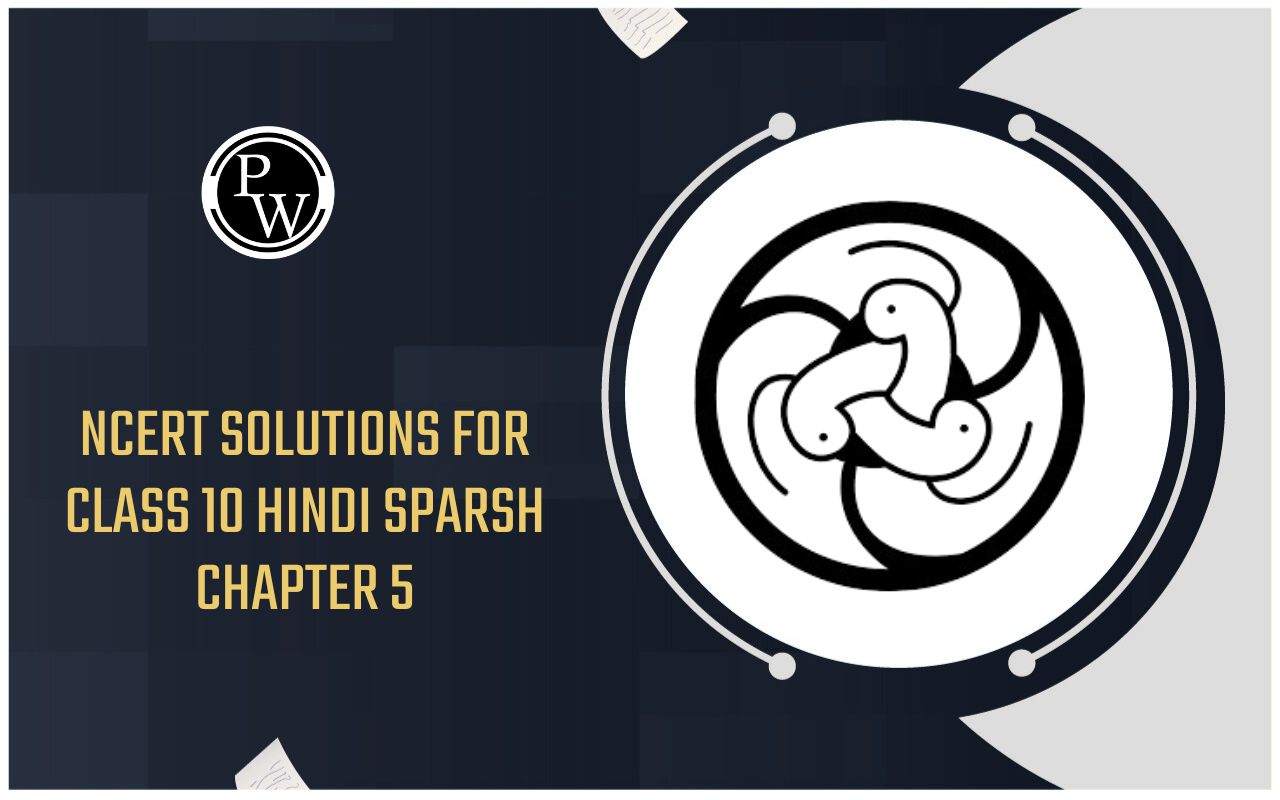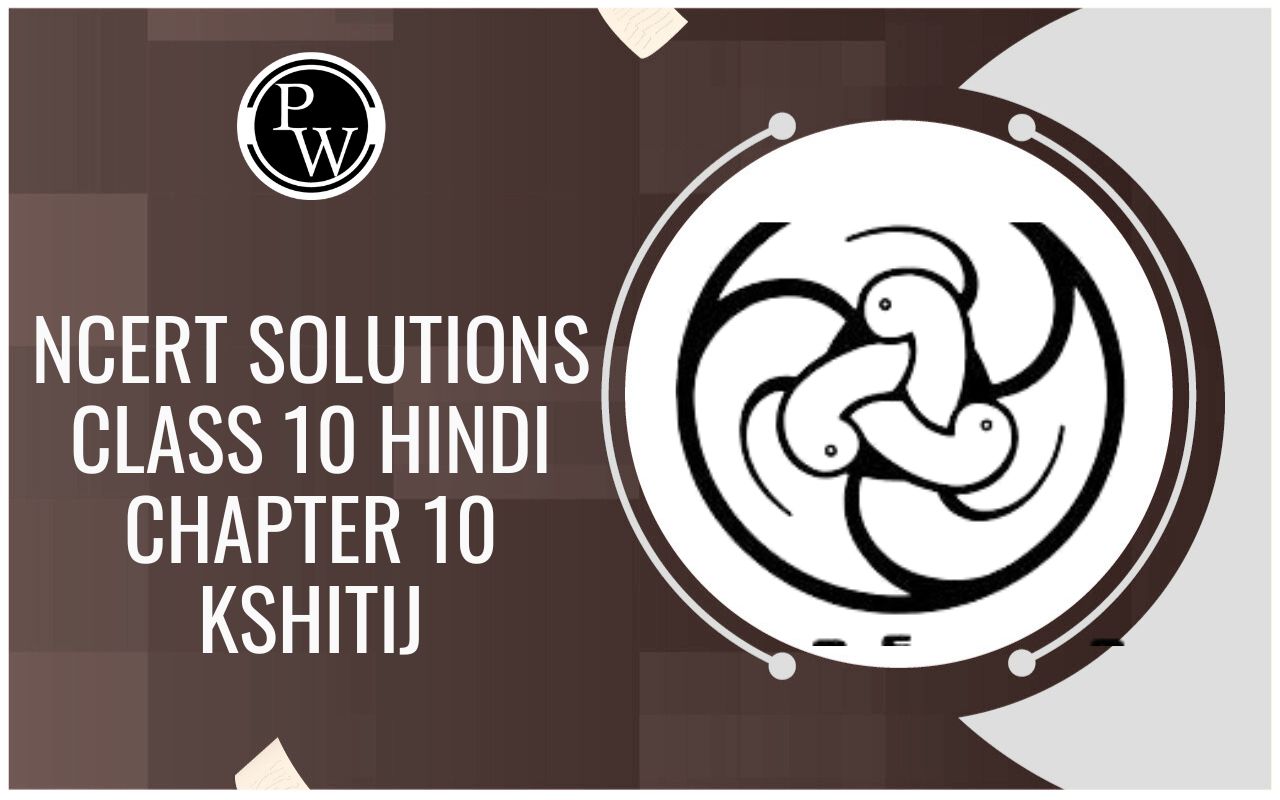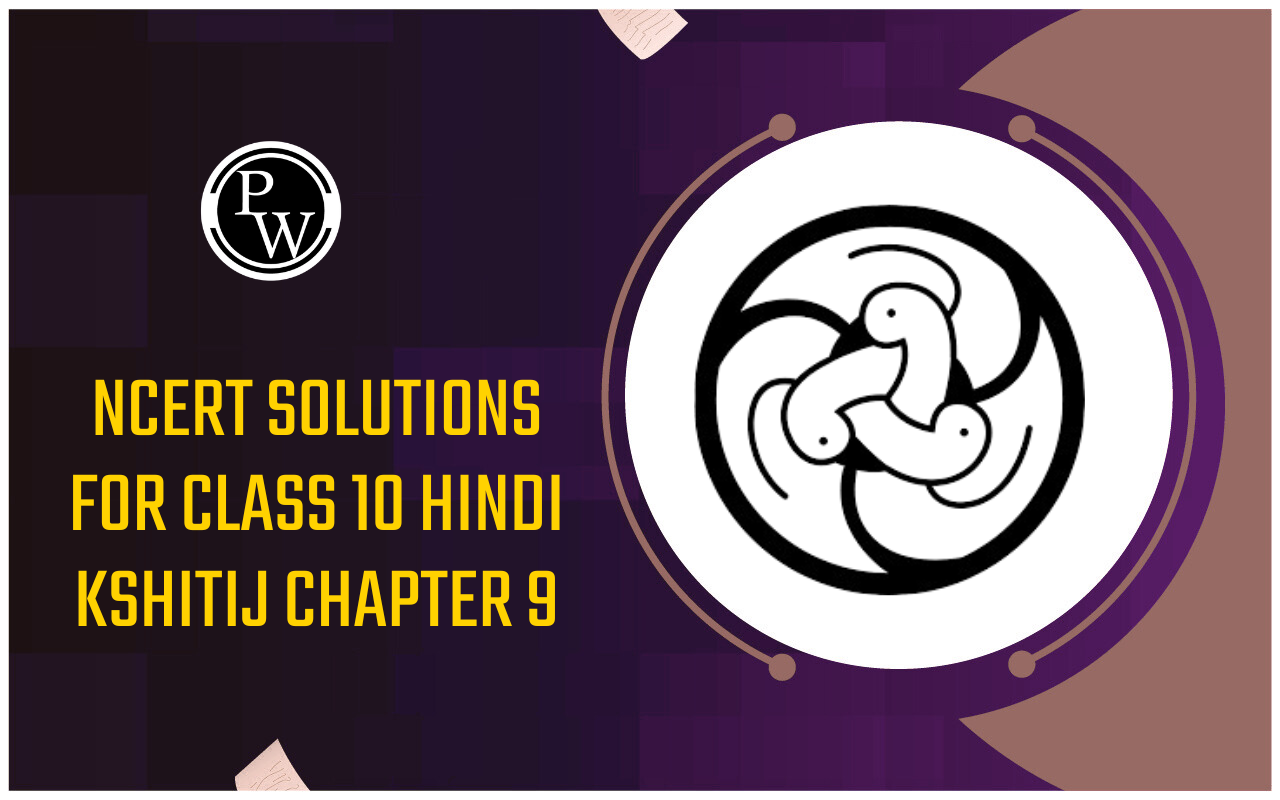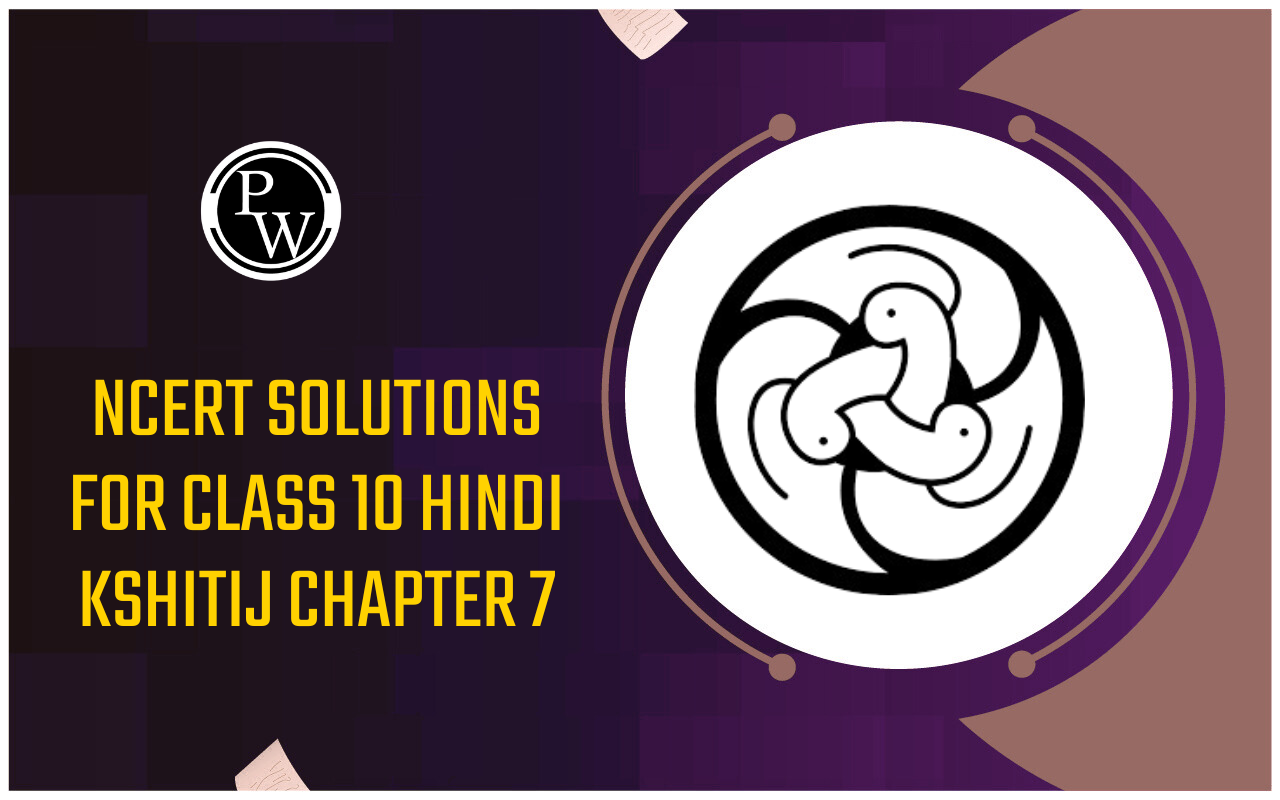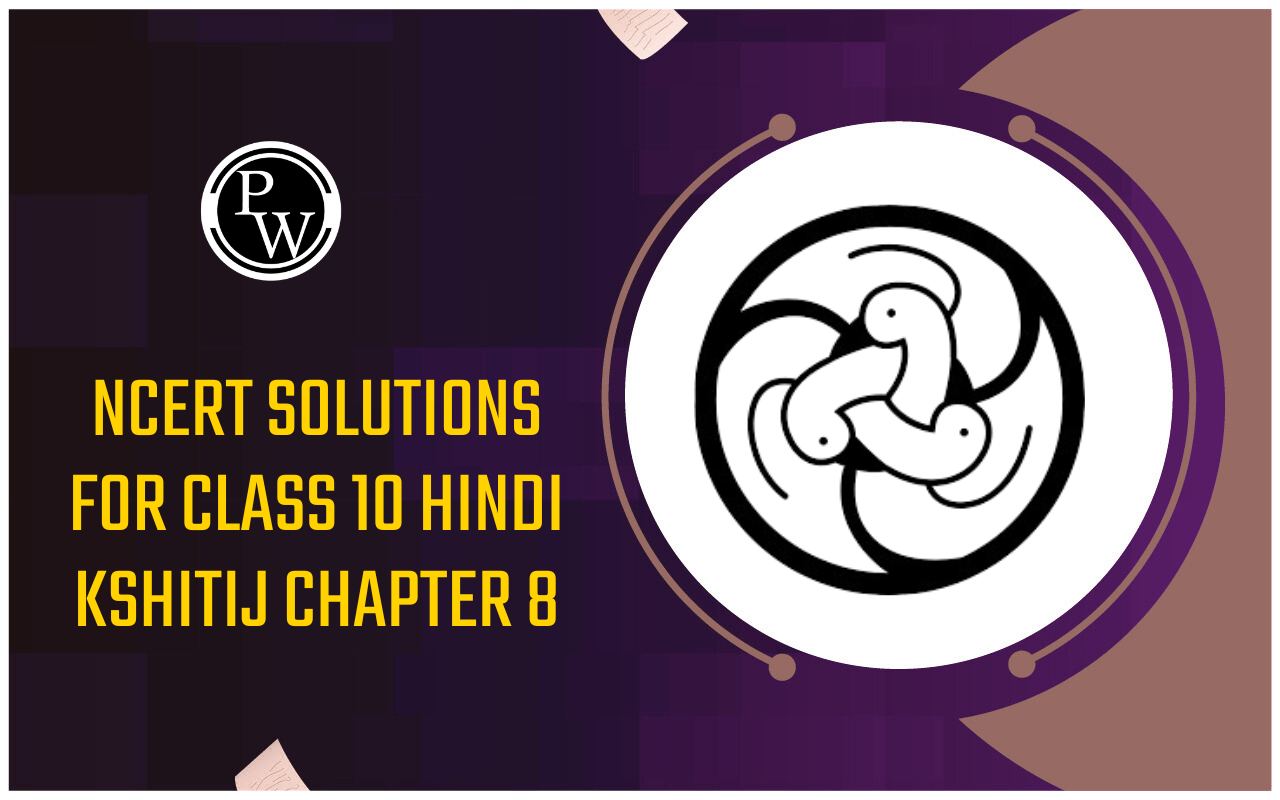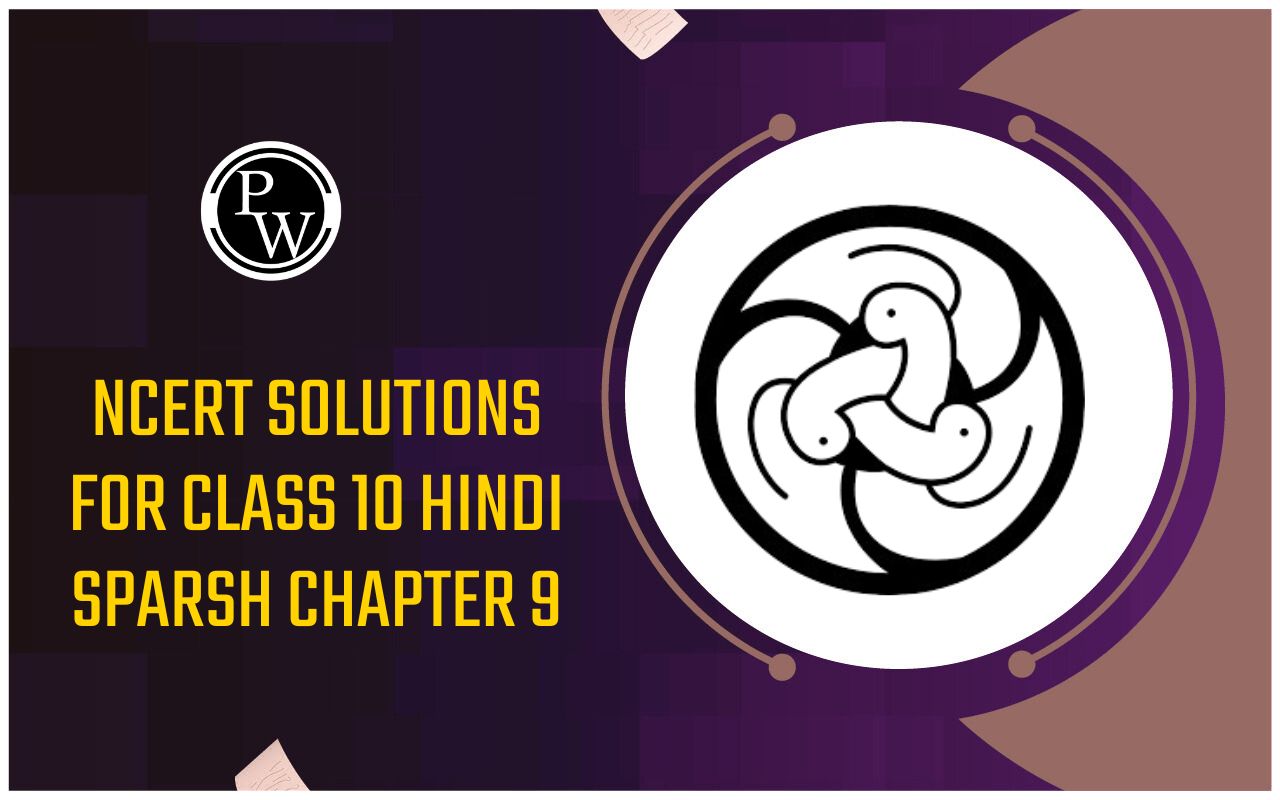
Biological Facts
May 23, 2023, 16:45 IST
The term biology explains the life around us. From microorganisms to massive mammoths, the living world is necessary for animals and plants. Even the human body is a valuable assortment of academic knowledge and insights. For example, The human lung can float on the water. Did you know that? Or did you know the fact that our liver has the ability to regenerate? Let us discuss more biological facts.
Biological Facts
Facts about Biology
Fact 1
Life Sciences field requires a strong background in biology, which includes biotechnology, plant biotechnology, food biotechnology, zoology, psychology, microbiology, bioinformatics, environmental biotechnology, botany, etc.
Fact 2
Biology helps in shaping the careers of students by explaining the fundamental aspects of life and living species.
Fact 3
If we have a good foundation in biology then we can explore more briefly into human physiology, human anatomy, and fundamental concepts.
Fact 4
In biology subtopics like cell biology, human physiology explains how an organism is formed. Also explains the cells and their importance or different parts of the human body
Fact 5
Without the introduction of the term biology so many things were complicated and unsolved like cures for diseases, explanations of the importance of plants, and there were no nutritionists to advise us on the diet chart or what components we have to add in our daily life and in what quantity.
Fact 6
Biology explains to us the working of the body, including types of cells, types of muscles, glands and sense organs, etc.
Fact 7
It finds the solution to the fundamental questions about life, like what is life? What is the difference between living and nonliving, What is the fundamental unit of life? etc.
Fact 8
Biology includes life science subjects that help researchers to discover antibiotics and vaccinations, modes of transmission, and methods of prevention.
Also, read- Genes
Facts about Human Body
Fact 1
The way we breathe affects our appetite. Breathing slowly helps in increasing our lifespan. It's always recommended to breathe via our nose to avoid sore throats and tonsillitis.
Fact 2
Humans yawn as the brain sends a message to the sensory system when the brain senses oxygen shortage. Yawning helps humans to inhale more oxygen into our lungs.
Fact 3
Human heart pumps 1.5 million barrels of blood in a lifetime and blood travels about 19,312 kilometers.
Fact 4
Tongue is considered the strongest muscle of the human body and is able to produce enough saliva during our lives, which can fill two swimming pools.
Fact 5
In comparison with men, the rate of breathing is faster in children and women. An average human being can breathe 20,000 times a day.
Also, read - Biogas
Facts about Human Body Parts
Fact 1
Human babies are born colorblind. After 6 months of birth, they are able to perceive color.
Fact 2
The human brain can survive without oxygen for 5 to 10 minutes, 2 days without water, 11 days without sleeping, and 20 days without food.
Fact 3
Teeth can be used to identify the age and identity of a person by examining the size and dental features.
Fact 4
The only organ of the human body that can float on water is the Lungs.
Fact 5
Human heart beats 70 to 72 times per minute, 100,000 times in a day, 3,600,000 times in a year, and 2.5 billion times in a complete lifetime.
Fact 6
On average, the human kidney filters about 112-144 liters of blood and that results in 0.94 to 1.7 liters of urine every day.
Fact 7
Up to 10% of total blood can be found in the liver. Per hour it pumps almost 84 liters of blood.
Fact 8
Human beings can survive even after their stomach is removed from the body by changing their diet and eating frequently in smaller portions.
Facts about Colour Blindness
Fact 1
Red and Green colour is the most common type of inherited colour blindness.
Fact 2
For detecting colour blindness disorder Ishihara Plate test is used.
Fact 3
Colour blindness is present on the X-chromosome and it is transferred from the mother to her son on the sex chromosome. So, it mostly affects males.
Facts about Blood
Fact 1
A healthy human body has approximately about 1.325 gallons of blood. Millions of red blood cells, thousands of white blood cells, and lakhs of blood platelets can be found in a single drop of blood.
Fact 2
White blood cells (WBCs) also known as leukocytes, play a significant role in the development of the human reproductive system by maintaining an immune system, and developing blood vessels within the ovary.
Biological: FAQs
Q1. How much time can the human brain survive without oxygen and food?
Ans. For about 5 to 10 minutes, 2 days without water, 11 days without sleep, and 20 days without food and oxygen the human brain can survive.
Q2. What is the main fact of the human tongue?
Ans. Tongue is considered the strongest muscle of the human body and is able to produce enough saliva during our lives, which can fill two swimming pools.
Q3. Who mostly has colour blindness disorder?
Ans. Colour blindness is present on the X-chromosome and it's transferred from the mother to her son on the sex chromosome. So, it mostly affects males.
Q4. In an hour how many litres of blood can the human liver pump?
Ans. Per hour the liver can pump almost 84 litres of blood.

